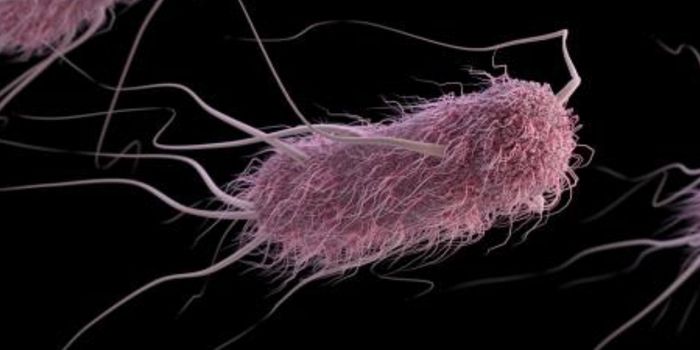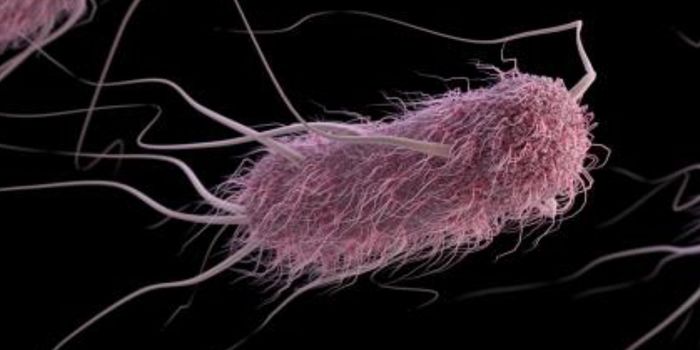Certain Gut Microbes can Boost Success of Immunotherapy
We host a community of microbes in our guts, and researchers know that the bacteria in that microbiome are connected to the success of cancer therapeutics. New work from researchers at the University of Chicago Medicine has shown that there are specific strains of bacteria living in our gastrointestinal tract that can improve the rate at which patients respond to immunotherapy for advanced melanoma. The work has been reported in Science.
While drugs that aim to use the immune system against tumors are changing cancer treatment, only about 35 percent of melanoma patients see any benefit from using them. The researchers have shown that some bacterial strains, including Collinsella aerofaciens, Bifidobacterium longum, and Enterococcus faecium are present at higher levels in patients that responded well to therapy compared to the patients that did not host those microorganisms.
When these microbes are around, it seems to aid T-cells of the immune system that are infiltrating the microenvironment of tumors, enhancing their killing power and improving treatment efficacy.
Because the correlation between specific gut bacteria and the positive response to the cancer drug is so strong, the researchers have suggested that it may indicate a causal relationship and not just a connection. "Specific bacteria clearly contribute to improved anti-tumor immunity in patients. The gut microbiota has a more profound effect than we previously imagined,” said study director Thomas Gajewski, MD, Ph.D., the AbbVie Foundation Professor of Cancer Immunotherapy at the University.
While these researchers have already demonstrated that gut bacteria can increase the potency of immunotherapy, there was more work to show that the bacteria were influencing the immunotherapy directly. Their initial findings were striking, but "we knew there were multiple barriers that can decrease the odds that immunotherapy will work," Gajewski explained. "We initially thought the microbiome was a minor component. But in our current study, these bacteria were a very strong predictor of who would respond."
When mouse models were exposed to gut bacteria from humans that responded to treatment, their tumors shrunk, if they did not receive that bacteria, they did not respond to the drug, confirming the findings.
Other research groups have gotten similar results, but have identified different bacterial strains. A team from the Gustave Roussy Cancer Campus in Villejuif, France reported that Akkermansia muciniphila have a positive effect on antitumor therapies, while scientists at the MD Anderson Cancer Center in Houston, Texas, studied Faecalibacterium and Clostridiales.
"Our results strongly suggest that the microbiota is a major factor, a gatekeeper for the immune response against a tumor," Gajewski said. "Without microbial support, the immune response just never quite gets going. Our results have pushed us in two directions," he added. "We have to start experimenting with probiotics as a way to enhance immunotherapy. We hope to launch a clinical trial using Bifidobacteria in 2018."
The investigators are hoping to classify more gut bacteria as beneficial or potentially harmful, and find out more about the mechanisms that link gut bacteria to the response of the immune system to cancer therapeutics. Learn more about the connection from the video.
Sources: AAAS/Eurekalert! Via University of Chicago Medical Center, Science









